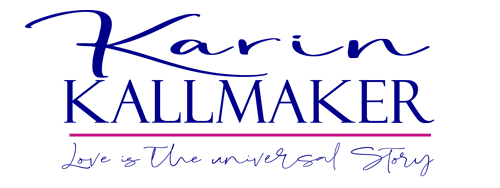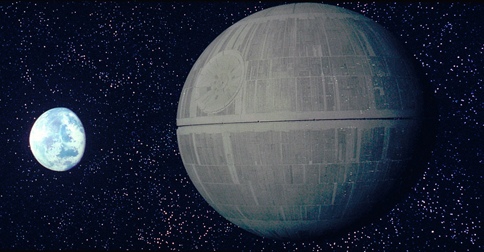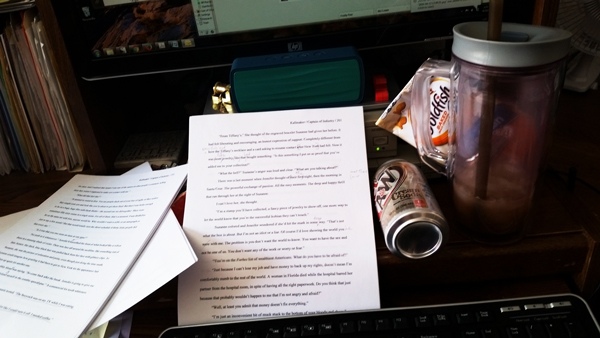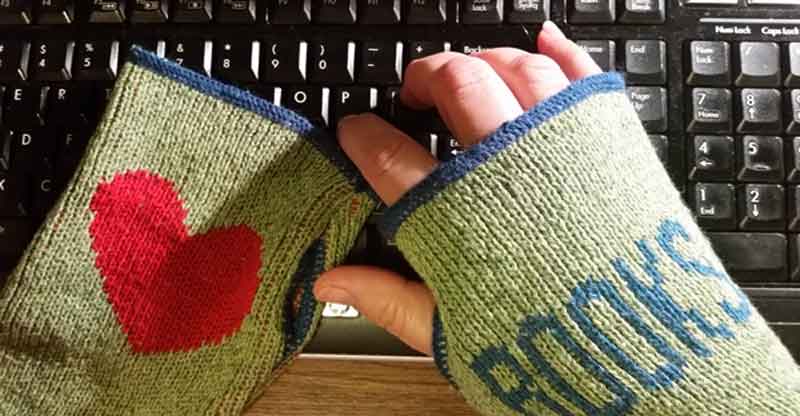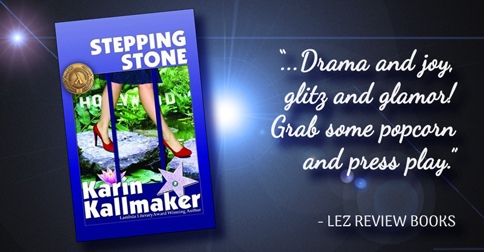After the writing comes the editing. After the editing comes the proofreading. Jedi proofreading.
Roller Coaster – Before and After the Self-Edit
What the editor will focus on, I hope, is if this scene is where the book should begin. For this book, choosing the opening has been the single most important decision I’ve had to make, and I’ve agonized.
Ellipse. . . How I Loved. . . Thee. . .
You would think I would have learned after book four, when I mentioned with admiration a celebrity who turned out to be a double murderer, that pop culture references are usually not essential to my kind of storytelling.
That Pivotal Moment in Every Love Story
in every romance novel the characters must finally choose love, but all the interim steps toward the essential trust and respect the reader must believe exists are all up to the writer.
Talking to Selena
The thing about talking to Selena was that I realized when she’s particularly intense about something, she finds a movie analogy to describe it.
